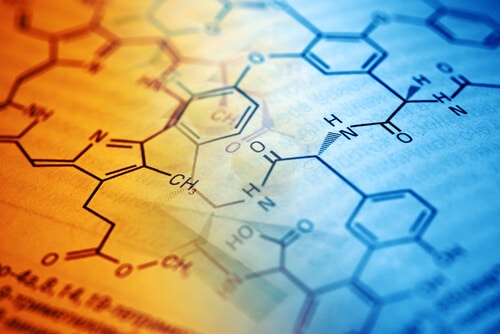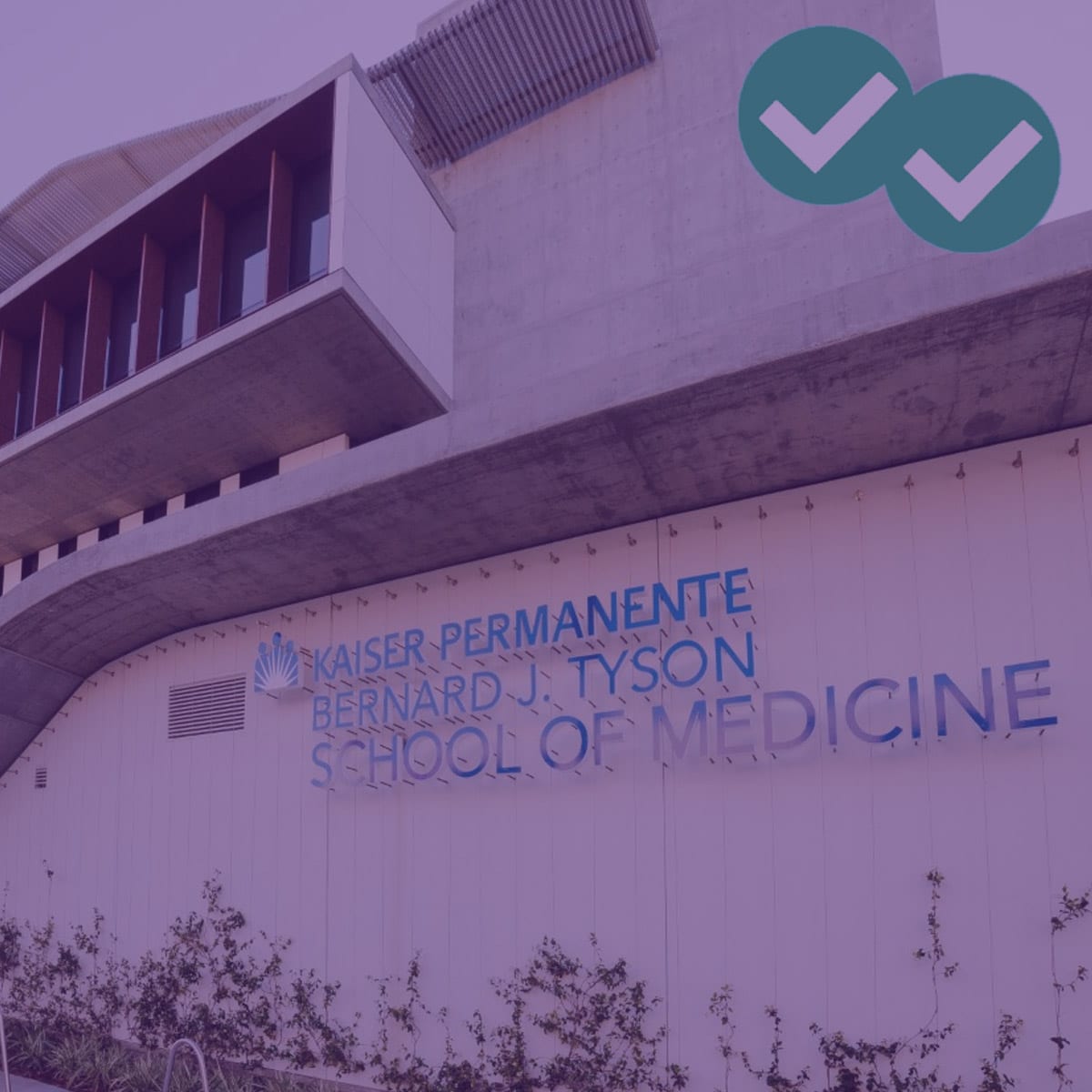When studying chemical equations, molecules, and Newtonian physics, it’s sometimes hard to appreciate how this has any relevance to people and taking care of actual patients. The application of biology and biochemistry may seem readily apparent, but what about the other basic sciences? While it may seem like balancing equations and learning about electrical currents has nothing to do with your intended career, the basic sciences you learn now will actually be relevant and important as you go further in your medical training.

The Importance of Basic Sciences in Residency
An Example from Chemistry: Balancing equations and understanding pH is extremely important in medicine, especially in emergency and critical care fields. Patients often have their pH checked and the amount of bicarbonate and the chemical equation balance with carbon dioxide is crucial to managing acid-base status.
CO2 + H2O <–> H2CO3- <–> H+ + HCO3-
This balance applies to how the human body processes acids and bases in the kidneys and lungs. Knowing how to balance equations and what drives the equation in either direction applies directly to patient care.
An Example from Physics: Surely electricity can’t have much to do with medicine, right? Perhaps not directly, but learning about resistance has direct application for airway diseases such as asthma.
Knowing how important the radius of the airway (to the fourth power) is to resistance helps one understand the pathophysiology of diseases like asthma.
An Example from Organic Chemistry: Organic chemistry is the foundation for a lot of pharmacology and antibiotics. While you may not need to necessarily know the exact chemical compounds that make up antibiotics, understanding what certain rings are, what size those molecules are, and how lipid-soluble certain chemicals are affect which drugs and how much is given to a patient for their disease process.
One of the main reasons the MCAT tests the basic sciences is that a strong understanding of chemistry, organic chemistry, physics, and biology is crucial to the next steps of understanding human physiology, pathophysiology, and pharmacology. While it may not seem obvious now, learning these well will not only help you on the MCAT, but with your career in medicine.







Leave a Reply